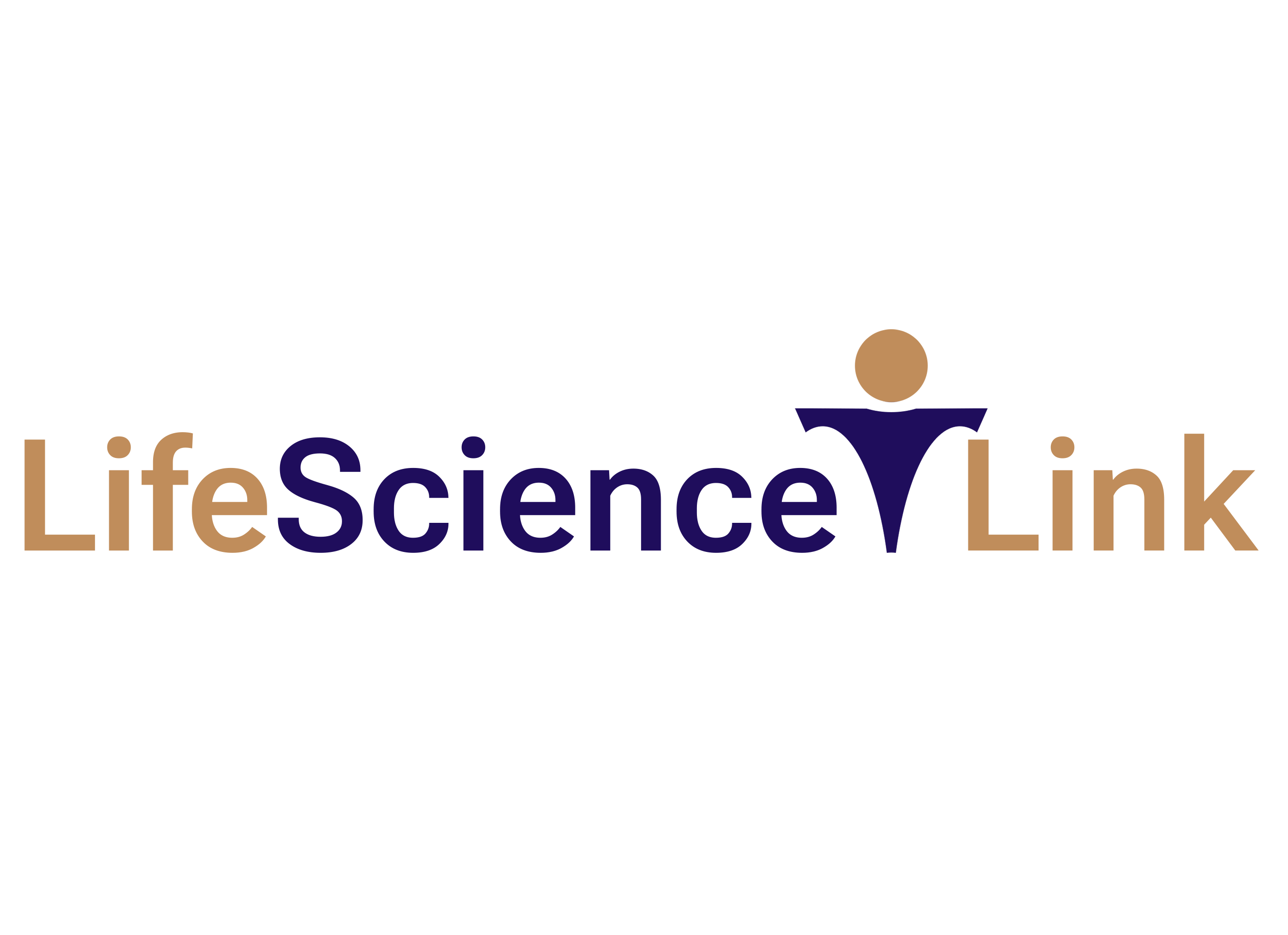Introduction
Good Clinical Practice (GCP) guidelines stand as the cornerstone of ethical and high-quality clinical research, shaping the landscape of pharmaceutical and biotech industries worldwide. These guidelines, established to ensure the safety, integrity, and rights of clinical trial participants, have not only revolutionized the conduct of research but have also significantly impacted Contract Research Organizations (CROs) and their operational paradigms.
Historical Foundations and Evolution of GCP
The inception of GCP guidelines finds its roots in historical milestones dating back to antiquity. From the Hippocratic Oath’s ethical principles to the Nuremberg Code and the Declaration of Helsinki, successive regulatory frameworks have laid the groundwork for modern GCP standards. The pivotal thalidomide tragedy in the 1960s and subsequent regulatory reforms underscored the imperative for stringent guidelines governing clinical research.
The International Conference on Harmonisation (ICH) emerged as a pivotal force in the standardization of GCP guidelines, culminating in the release of the ICH-GCP E6 guideline in 1996. This landmark document harmonized clinical trial standards across regulatory authorities and paved the way for global collaboration in drug development.
Impact of GCP on CROs
CROs occupy a central role in the pharmaceutical and biotech sectors, providing vital support in clinical trial conduct and management. The advent of GCP guidelines catalyzed a paradigm shift in CRO operations, necessitating compliance with rigorous ethical and quality standards. CROs now play a pivotal role in ensuring adherence to GCP principles, facilitating the translation of regulatory requirements into actionable strategies.
GCP guidelines have compelled CROs to invest in robust infrastructure and expertise, ranging from qualified personnel to state-of-the-art technologies. Moreover, the stringent regulatory oversight mandated by GCP has fostered a culture of accountability and transparency within CROs, driving continuous improvement and innovation in clinical trial methodologies.
Strategic Value of GCP Compliance
For CROs, adherence to GCP guidelines offers multifaceted strategic advantages, spanning regulatory compliance, operational efficiency, and reputational integrity. By aligning with GCP principles, CROs mitigate regulatory risks and ensure the credibility and reliability of clinical trial data. This, in turn, enhances their market competitiveness and fosters trust among sponsors, regulatory authorities, and stakeholders.
Furthermore, GCP compliance serves as a hallmark of quality and professionalism, distinguishing CROs as trusted partners in drug development endeavors. The strategic integration of GCP principles into CRO workflows not only safeguards patient safety but also accelerates trial timelines and optimizes resource utilization. This strategic alignment enables CROs to navigate the complex regulatory landscape with confidence and agility, thereby driving sustainable growth and success.
Future Perspectives and Challenges
As the pharmaceutical landscape continues to evolve, CROs face an array of challenges and opportunities in navigating the dynamic terrain of GCP compliance. The emergence of advanced technologies, such as artificial intelligence and real-world evidence, presents novel avenues for optimizing clinical trial processes while adhering to GCP standards.
However, challenges persist, ranging from data privacy concerns to the complexity of multinational trials. CROs must remain vigilant in addressing these challenges, leveraging innovative solutions and best practices to uphold the principles of GCP and drive excellence in clinical research.
In conclusion, the evolution and strategic value of Good Clinical Practice (GCP) guidelines underscore their indispensable role in shaping the trajectory of clinical research and Contract Research Organizations (CROs). By embracing GCP principles as guiding beacons, CROs can navigate the intricacies of drug development with confidence, integrity, and unwavering commitment to patient welfare and scientific rigor.

